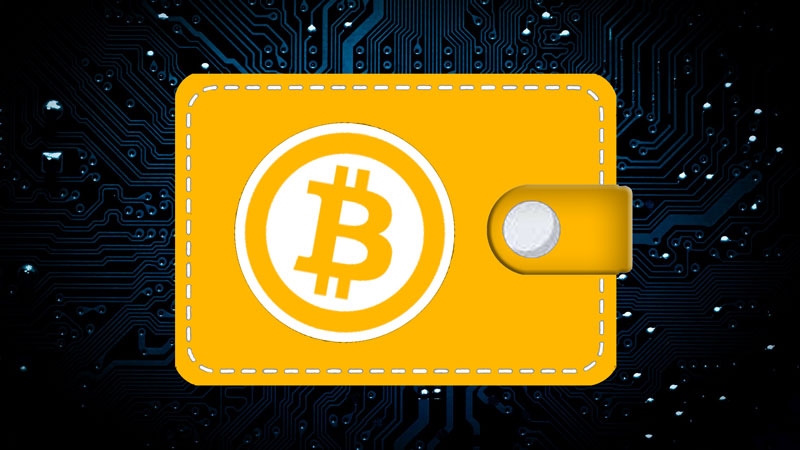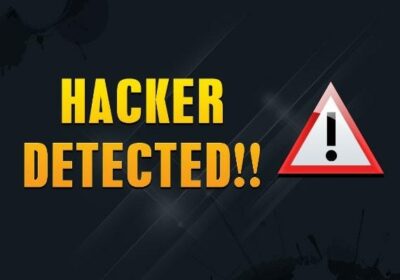Cryptocurrency has gained widespread popularity for its decentralization and security, but it’s not immune to risks. One of the most distressing situations a crypto holder can face is discovering that their wallet has been hacked, leading to the loss of their hard-earned digital assets. However, there is hope. In this comprehensive guide, we will explore the steps you can take to recover stolen cryptocurrency from a hacked crypto currency wallet.
Understanding Wallet Hacks
Before delving into the recovery process, it’s crucial to understand how wallet hacks happen and the common vulnerabilities exploited by malicious actors:
- Phishing Attacks: Scammers often use deceptive emails, websites, or messages to trick you into revealing your wallet’s private keys or recovery phrases. Once they have this information, they can access your wallet and steal your cryptocurrency.
- Malware and Keyloggers: Malicious software can infect your computer or mobile device, capturing your private keys or seed phrases as you enter them. With this information, hackers can control your wallet remotely.
- Social Engineering: Hackers might target individuals through social engineering, posing as customer support representatives or friends to convince you to share your private keys or seed phrases.
- Fake Wallet Apps: Fraudulent wallet applications, often disguised as legitimate ones, may be downloaded from app stores. When you enter your private keys or recovery phrases into these fake apps, the hacker gains control of your wallet.
- Man-in-the-Middle Attacks: Hackers intercept your communications between your device and the blockchain network, modifying transactions to divert your cryptocurrency to their own wallets.
Recovering Stolen Cryptocurrency
Recovering stolen cryptocurrency from a hacked wallet can be a complex and sometimes frustrating process, but it’s not impossible. Here are the steps you should take to maximize your chances of reclaiming your funds:
- Act Quickly: As soon as you realize your wallet has been hacked, act swiftly. Time is of the essence in the battle to recover your stolen cryptocurrency.
- Report the Incident: Depending on the severity of the hack, report the incident to your local law enforcement agency or the appropriate cybercrime authorities. This is especially important if the hack is part of a larger, coordinated attack.
- Secure Your Device: If the hack occurred due to malware or a compromised device, isolate the affected device from the internet to prevent further unauthorized access. Update and run a full scan with your antivirus software to remove any malware.
- Change Your Passwords: If your wallet was compromised due to a stolen password, change all your passwords immediately, including the password to your email account. Enable two-factor authentication (2FA) for added security.
- Notify Your Wallet Provider: Contact the customer support of your wallet provider or the platform where you hold your cryptocurrency. Inform them of the breach and request their assistance in tracking the stolen funds.
- Blockchain Analysis: Employ blockchain explorers, such as Etherscan for Ethereum or Blockchair for Bitcoin, to trace the stolen transactions. You can monitor the movements of your stolen funds, which may provide clues about the hacker’s identity.
- Consult Blockchain Forensic Experts: Engage with blockchain forensic experts who specialize in tracking cryptocurrency transactions. These professionals use advanced tools and methods to trace stolen funds and may be able to identify the culprits behind the hack.
- Contact Cryptocurrency Exchanges: If the hacker moved your funds to a cryptocurrency exchange, report the incident to the exchange immediately. Exchanges often have Anti-Money Laundering (AML) and Know Your Customer (KYC) procedures in place that may help identify the perpetrator.
- Work with Law Enforcement: If the stolen funds are substantial, provide all the information and evidence you have to law enforcement agencies, who may be able to pursue the case with more authority and resources.
- Legal Action: Consult with a legal expert, particularly one experienced in cryptocurrency cases. Legal action may include filing a civil lawsuit against the hacker, which can result in court orders to seize their assets.
- Community Support: Engage with the cryptocurrency community and use forums, social media, and blockchain news outlets to share your story and raise awareness about the hack. Some community members may have experience with similar situations and offer valuable advice.
Preventing Wallet Hacks
While recovering stolen cryptocurrency is essential, it’s equally important to take steps to prevent wallet hacks in the first place. Here are some preventive measures:
- Secure Your Device: Keep your devices, including computers and smartphones, updated with the latest security patches and antivirus software. This helps protect against malware and keyloggers.
- Use Hardware Wallets: Consider using hardware wallets for long-term storage of your cryptocurrency. These physical devices are less susceptible to online threats.
- Enable Two-Factor Authentication (2FA): Implement 2FA on your wallet accounts and exchanges to add an extra layer of security.
- Avoid Phishing Attempts: Be cautious about clicking on links in emails or messages, and only visit official websites. Double-check URLs and email sender addresses to ensure their legitimacy.
- Educate Yourself: Stay informed about common hacking methods and scams. Knowledge is your first line of defense.
- Beware of Fake Wallet Apps: Only download wallets from trusted sources and verify the app’s authenticity before entering sensitive information.
- Protect Your Private Keys: Never share your private keys or recovery phrases with anyone. Keep them secure and offline.
- Use Encrypted Communications: Whenever you exchange private information related to your cryptocurrency, ensure the communication is encrypted, and the person you’re communicating with is verified.
- Regularly Monitor Your Wallet: Keep an eye on your wallet and transaction history to detect any suspicious activity promptly.
Conclusion
Recovering stolen cryptocurrency from a hacked wallet can be challenging and may not always yield a successful outcome. However, by acting quickly, following the right procedures, and seeking professional assistance, you can maximize your chances of regaining control of your funds. Prevention is equally crucial, and implementing security measures and staying informed about potential threats can help you avoid falling victim to wallet hacks in the first place. Remember, in the world of cryptocurrency, security is paramount, and being proactive in protecting your assets is the best strategy.



